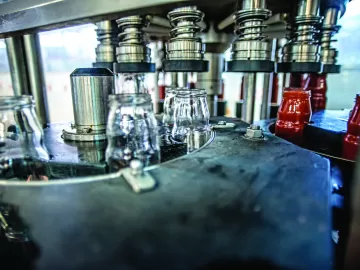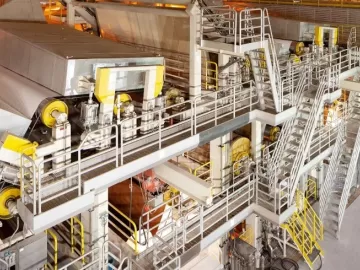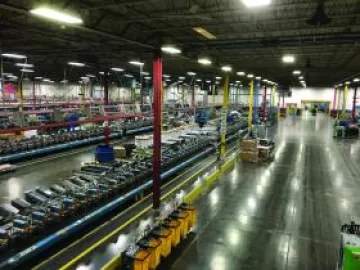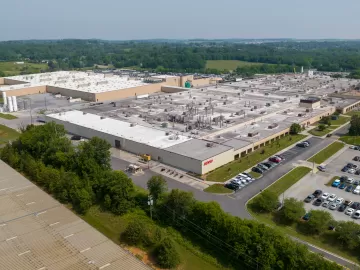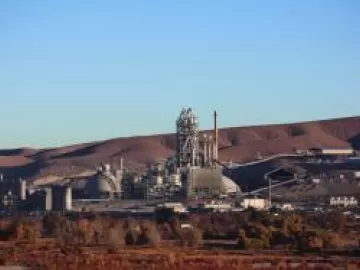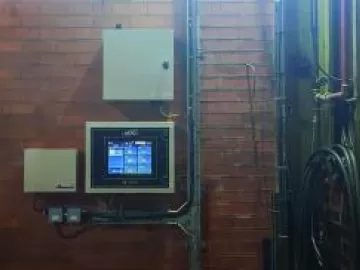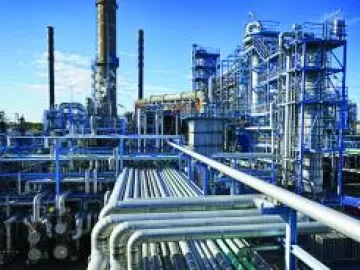Hitting the Gas on Efficient Compressed Air Delivery at Hitachi Astemo

Hitachi Astemo’s efficiency gains will turn into significant cost savings. In this article we outline the savings reported by the client since the changeover was complete. It shows a sizeable reduction in energy costs, air compressor energy costs and maintenance costs to the tune of 21.95%, 24.14% and 24.14%, respectively. Total operating costs to date have dropped from \$1,277,394 to \$941,959 with the new system a decrease of 26.25%.




